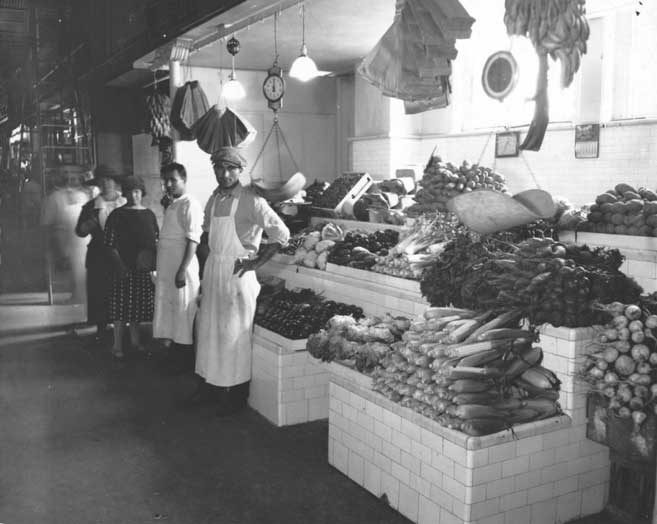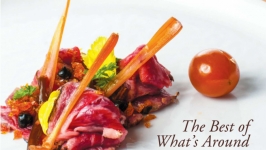You Are What You Eat
What comes to mind when you think of home? Holidays? Are there memories of your mom cooking your favorite dinner? How about Grandma’s famous sugar cookies in the oven? Is it the ridiculous Jell-O mold that your great aunt Susan brought every Easter of your childhood? It may not be any of these things, but odds are, a few memories involve food.
“It seemed simultaneously so sensible and so strange the people would use apple trees and carrot patches to talk about past ways of living.”
Jennifer A. Jordan, an Associate Professor in the Department of Sociology and Urban Studies Programs at the University of Wisconsin-Milwaukee is quite familiar with the concept of food memories. Her book, Edible Memory—The Lure of Heirloom Tomatoes and Other Forgotten Foods, walks readers through the role of vintage and heirloom produce and their role in history.
Not only does the idea of Edible Memory infiltrate our minds with images or people, places, and past experiences; it goes back years, decades, and generations. Edible memory is not only what we associate different foods with, it is the story of produce and recipes throughout time and the world.
Professor Jordan elaborates, “…preserving heritage produce is a way to preserve all kinds of collections of genes, including flavors and colors but also adaptations to drought or excessive moisture, or resistance to particular diseases. But for many people, preserving (and eating) these plants is also a very meaningful act, a way of connecting to their own families, or to a broader shared past.”
Vintage produce is a memory preserver; it reminds us of where we came from and helps us feel closer to those who came before us. By thinking about produce in a personal way, a connection is discovered between everyone from the growers and the harvesters to the consumers.
“I’d suggest thinking about it in terms of paying attention to the ways that food connects us to other people—the people we eat with, but also the people who grow and prepare and serve the food we eat,” says Professor Jordan.
If you dig deeper our food can share more than just its nutritional value, it can tell the story of time. We must nurture our history as well as our pasts. Professor Jordan’s book will be published in late April, and is available for pre-order on Amazon.






